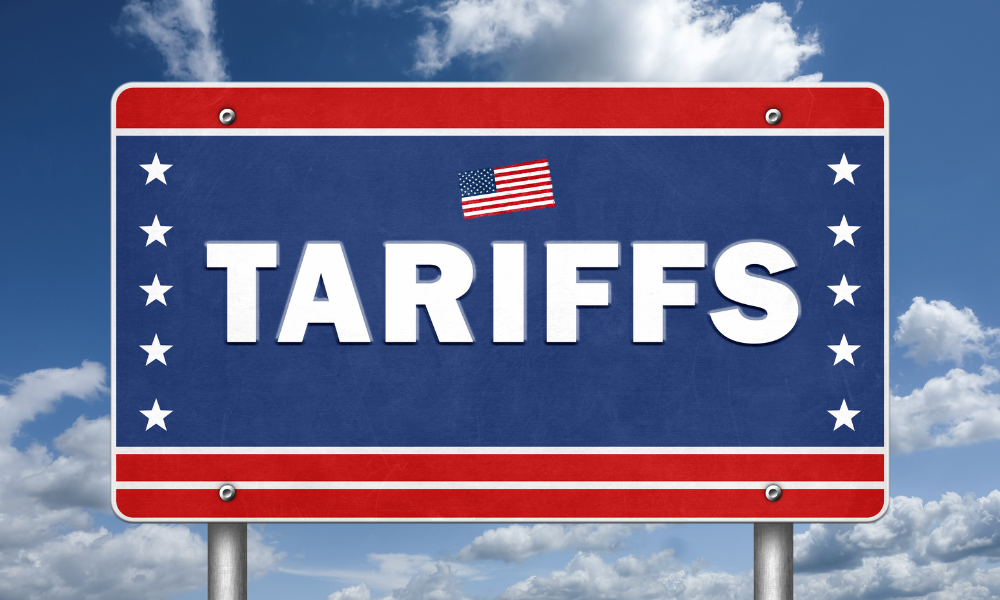Industry leaders react as uncertainty grows with more tariffs indicated

US president Donald Trump has signalled plans to impose new tariffs on pharmaceuticals, lumber, and semiconductors, adding to his already sweeping trade measures. The announcement, made Monday at a White House Cabinet meeting, has injected further uncertainty into international trade relations.
The president’s remarks initially focused on the auto industry, stating that tariffs on cars would be announced “very shortly.” However, he later expanded his list to include pharmaceuticals, stressing the necessity of domestic production.
“So we’ll be announcing some of these things in the very near future, not the long future, the very near future,” Trump said.
During a separate White House event, Trump mentioned that tariffs on lumber and semiconductors would be introduced “down the road.” However, he did not provide specific details on implementation or timelines.
While Trump has confirmed that the “reciprocal tariffs” will take effect on April 2, it remains unclear whether the industry-specific tariffs will follow the same timeline. When pressed for clarification, he initially suggested that “it’s going to be everything” on that date but later backtracked, stating, “not all tariffs are included that day.”
A White House official told CNBC that the sector-specific tariffs “may happen or may not” and that no final decision had been made.
Market reactions
Trump did not clarify whether pharmaceutical tariffs would apply to all imports or specifically target active pharmaceutical ingredients (APIs), the raw materials used in drug manufacturing. He emphasized the importance of domestic production, citing national security concerns in the event of supply chain disruptions.
In response, companies like Johnson & Johnson, Eli Lilly, and Merck have announced plans to increase domestic production. Pfizer’s CEO has also indicated that the company is considering shifting more manufacturing back to the US.
Currently, India supplies 48% of U.S. APIs, Europe 22%, and China 13%, while only 10% are made domestically, according to a report from Seeking Alpha. Most APIs are used in generic drugs, which account for 91% of prescriptions but only 18% of total drug spending.
Builders and construction firms are also feeling the pressure. Local industry experts have voiced concerns about the financial strain these tariffs may place on homebuyers and consumers.
“Prices have been going up. Based upon what is planned in tariffs and tariffs that are coming along,” Ray Adauto, executive vice president of the El Paso Association of Builders, said in an interview with KFOX14.
He explained how the tariffs could drive up the costs of construction materials, particulary wood and metal. “Lumber in particular, we’ve had an average of 15% as told to us as an industry,” he said. “This is what the lumber companies are looking at increasing their cost to the builder or construction company.”
Adauto noted that the tariffs will impact nearly everyone but recognized they are being used as a negotiation tactic and a way to reduce national debt.
Outlook
Stocks surged Monday as investors reacted to reports that President Trump may scale back planned tariffs, reducing fears of an economic slowdown. The Dow rose 597.97 points, while the S&P 500 and Nasdaq gained 1.76% and 2.27%, respectively. Market sentiment improved as sector-specific tariffs appeared to be delayed.



